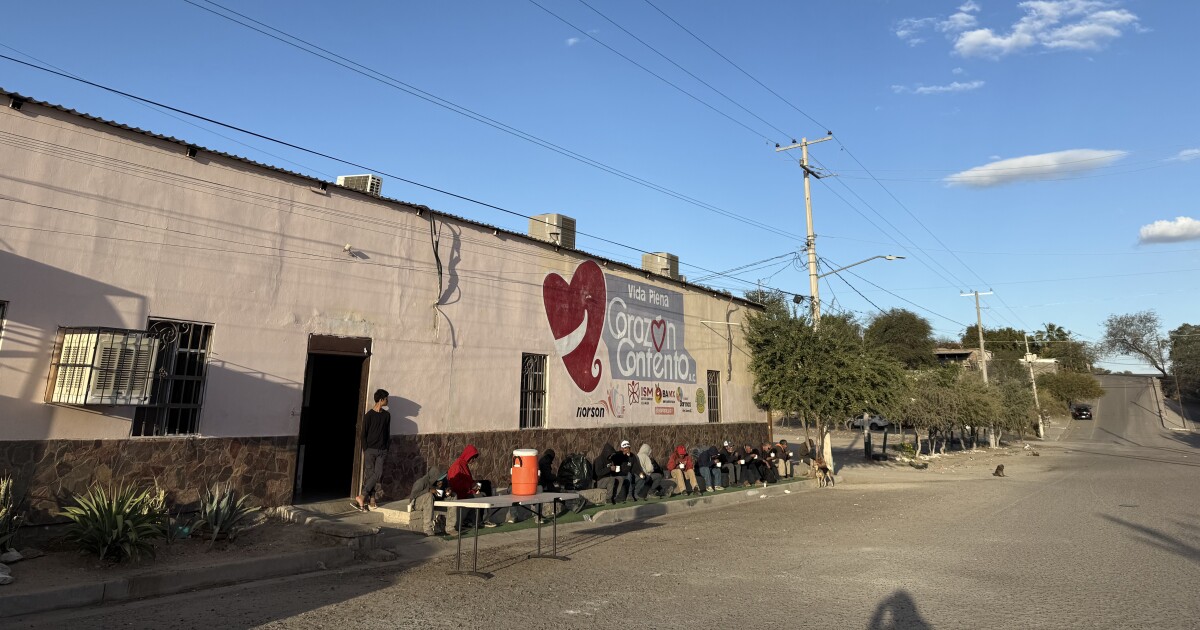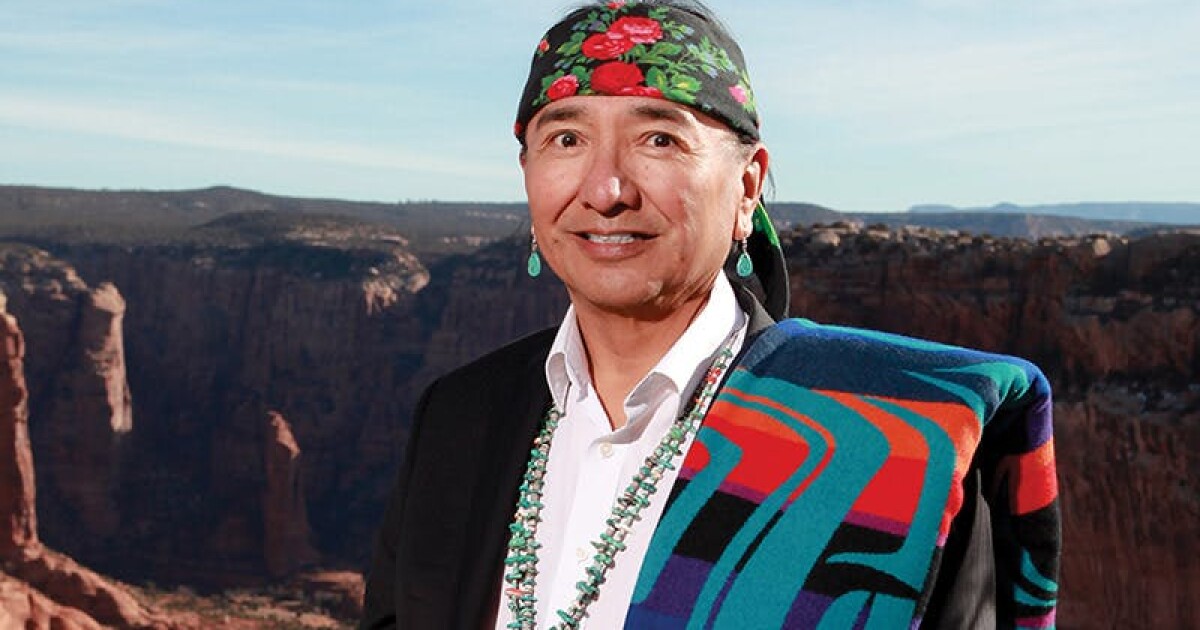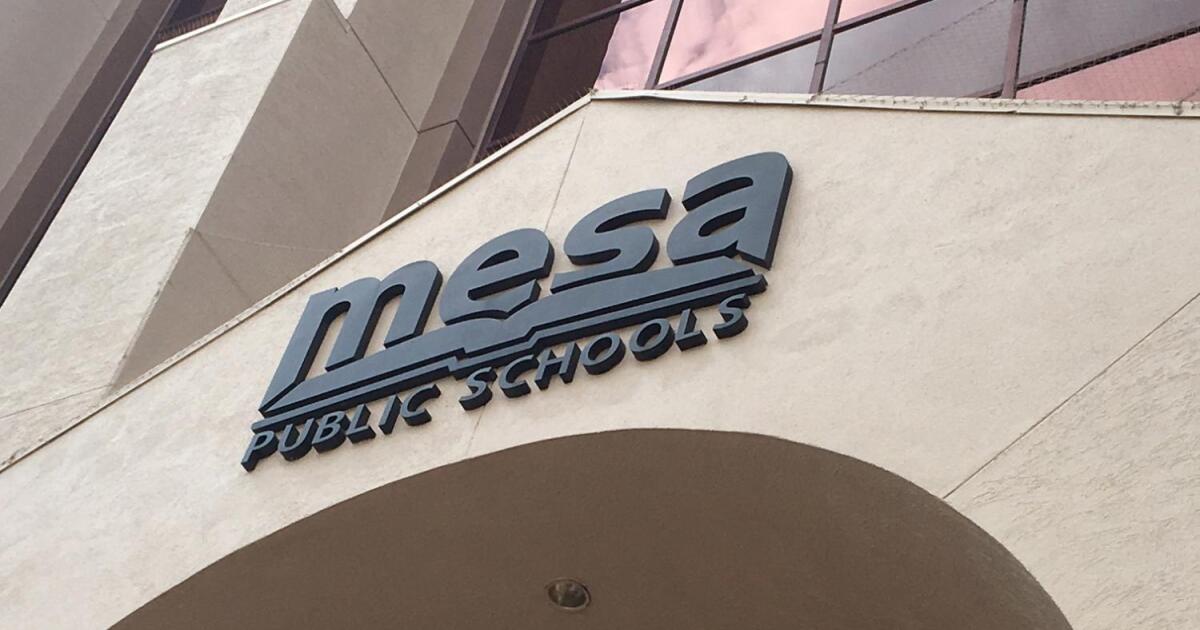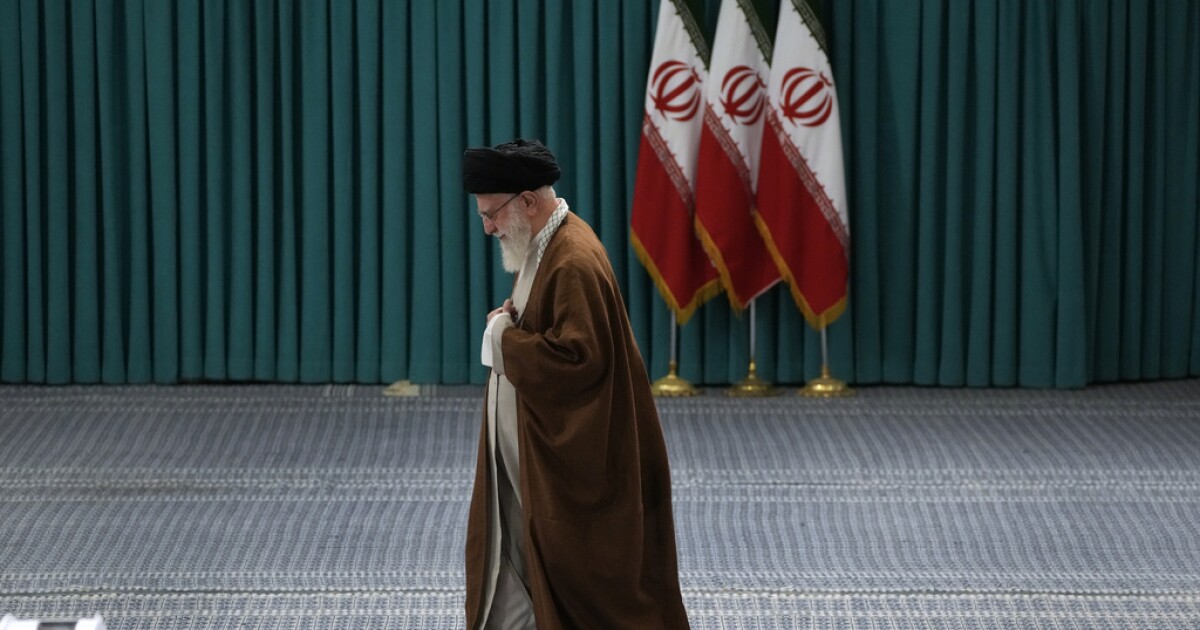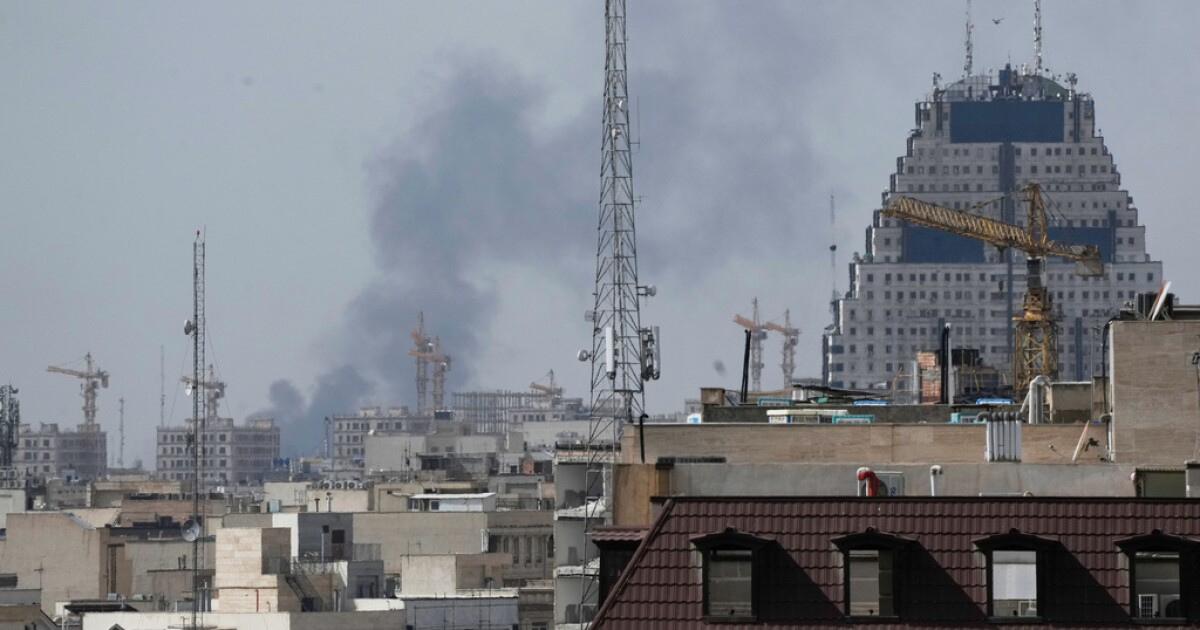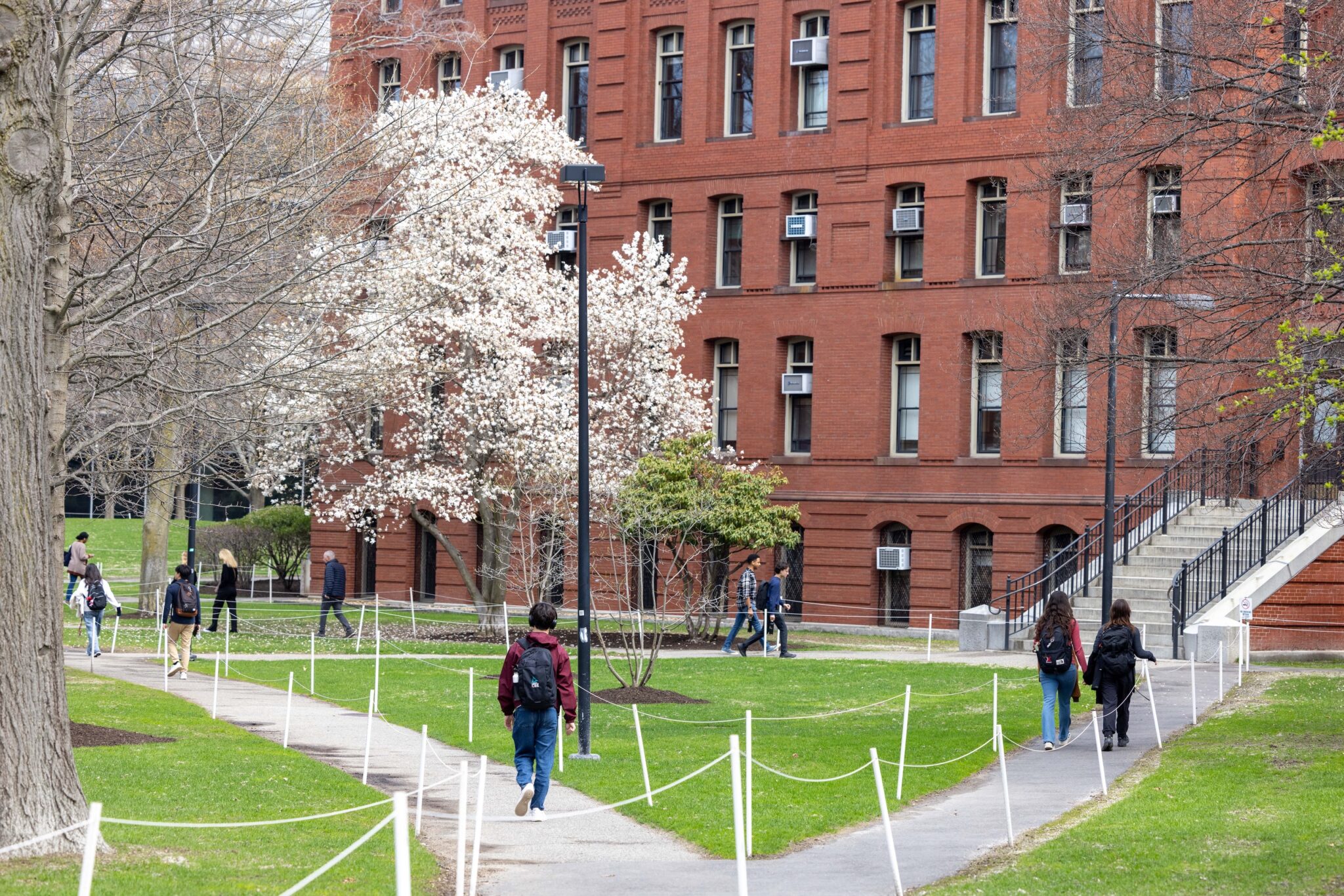As the sun begins to set in Hermosillo, the Vida Plena Corazón Contento soup kitchen and migrant shelter buzzes with activity. A hearty noodle soup simmers in an industrial pot, while Omar Cabrera, a resident, diligently washes a car outside.
In a short while, locals in need will queue for servings of soup in Styrofoam cups. Meanwhile, Cabrera and other residents, mostly migrants in transit, await their turn. Cabrera has spent nearly a year here, seeking asylum in the U.S. after fleeing from threats in Honduras. Now, he contributes to the shelter’s daily operations.
Reflecting on recent changes, Cabrera shared, “Lately, it’s been flooded with people who have returned [from the border]. People have been coming back and don’t know what to do.”
Following the recent changes in U.S. asylum policy under the Trump administration, thousands find themselves stranded in Mexico without direction. Some have made their way to Hermosillo, a city close to the Arizona border, where authorities have set up a shelter and reception center in anticipation of the increased numbers.
‘It’s disheartening. No one knows what to do’
In contrast to the government facility, the nonprofit Vida Plena Corazón Contento shelter offers a more intimate setting with two sleeping areas and a kitchen. Currently, it houses about 30 individuals, including children. As students play across the street, the children of migrant families play within the confines of the shelter.
Cabrera had an asylum appointment scheduled but it was canceled following the shutdown of the CBP One app by Trump on his first day in office. The app was a vital tool for asylum seekers to secure appointments at U.S. entry points.
“It’s disheartening,” Cabrera lamented. “No one knows what to do.”
Some migrants stay briefly at the shelter before moving on, while others, like Cabrera and Raquel Mujica, remain longer. Mujica has been at the shelter for eight months with her family, having left Venezuela due to political and healthcare crises.
Mujica expressed her distress, “There are families that want to enter [the United States] to have stability and not suffer anymore. We don’t want this. This isn’t a life.”
Her time in Mexico has been fraught with danger, including theft and kidnapping. The family is currently out of funds and contemplating their next steps.
Migrants may turn to dangerous smugglers
Cristina Hernández, an expert on human rights and migration, warns that migrants might resort to human traffickers to cross the border. “[Smugglers] will be very clever to look for places that they can enter to the United States, and I think they are going to sell that to a lot of people that are waiting,” Hernández explained.
Smuggling operations pose significant dangers to migrants. Criminal groups often demand exorbitant fees for perilous border crossings. According to Humane Borders, over 4,000 migrant deaths have been recorded in Arizona’s southern desert since 2020, highlighting the risks involved.
Mujica is deeply concerned about her family’s future, especially her two sons. Her eldest, at nine years old, has missed years of education. During a conversation, he handed her a 50 peso note, saying, “He tells me, ‘mami, I want to work.’ That’s not the mentality a child should have,” Mujica remarked. “I don’t want my son at this age to know anything about work. I just want him to be professional, to be a good person, to help others.”
—
Read More Arizona News

